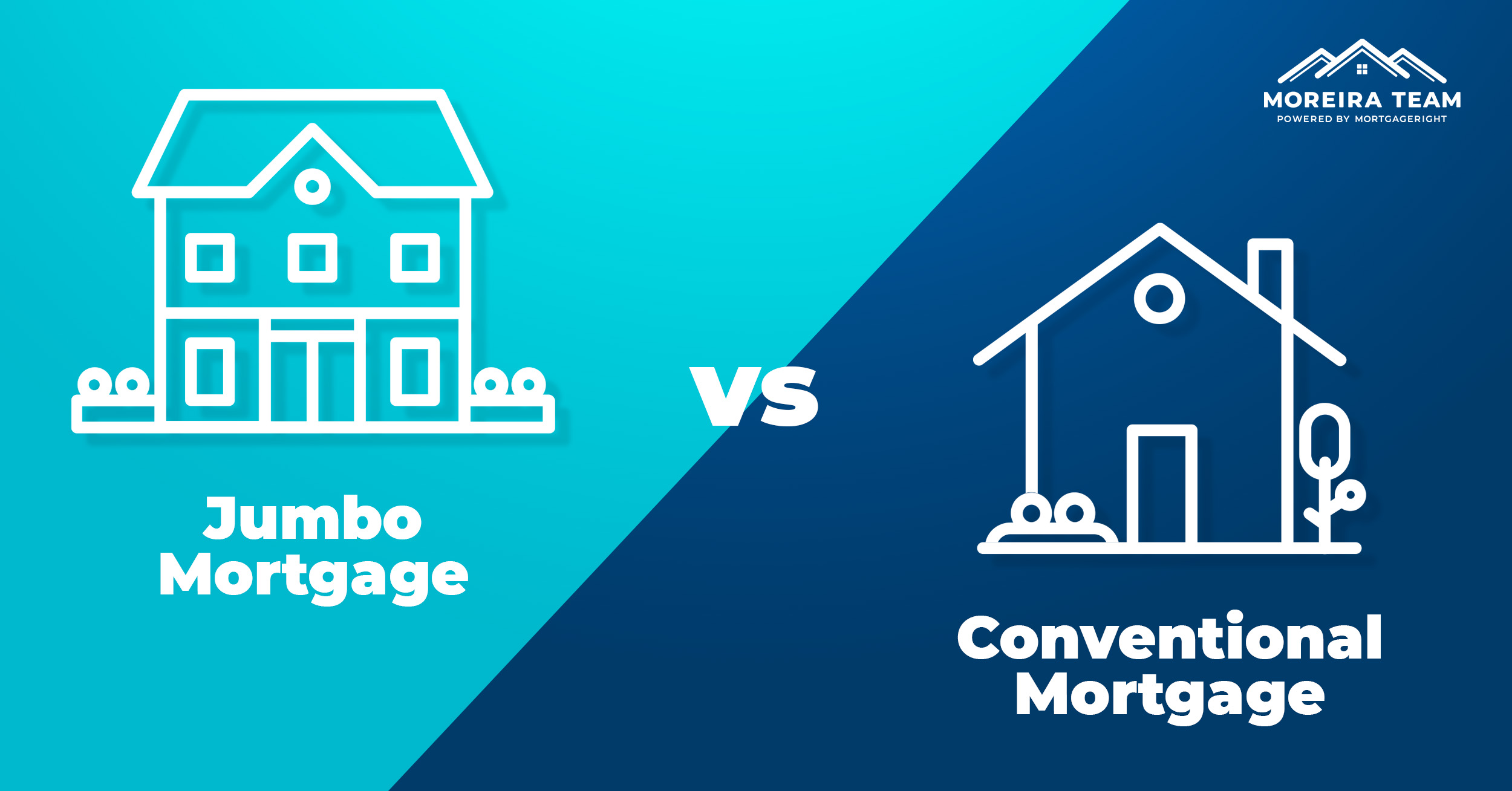Comprehending Jumbo Loan: What You Required to Know for Luxury Home Purchases
Comprehending Jumbo Loan: What You Required to Know for Luxury Home Purchases
Blog Article
Discovering the Benefits and Features of Jumbo Loans for Your Following Home Acquisition Choice
As the genuine estate market evolves, comprehending the intricacies of jumbo loans ends up being significantly relevant for potential homebuyers taking into consideration high-value homes. To totally value just how jumbo financings can affect your home acquisition approach, it is crucial to discover their key features and benefits in higher detail.
What Is a Jumbo Financing?

Jumbo car loans are typically utilized by customers looking for to buy high-value properties or homes in pricey markets. jumbo loan. Provided the bigger quantities borrowed, lenders commonly enforce stricter debt demands, including greater credit rating, lower debt-to-income ratios, and larger down payments. The rate of interest prices on jumbo fundings may be slightly greater than those on adhering lendings, mirroring the enhanced risk for lending institutions
Additionally, the authorization process for a jumbo funding can be more lengthy and complex, as lending institutions require considerable documentation to evaluate the customer's monetary security. Understanding these nuances is necessary for potential home owners considering a jumbo funding for their property funding requirements.
Secret Advantages of Jumbo Finances
One significant advantage of big lendings is their ability to fund higher-priced residential or commercial properties that surpass adjusting car loan limits. This feature makes them an appealing alternative for customers aiming to buy deluxe homes or homes in high-cost locations where rates usually go beyond standard financing thresholds.
In addition, jumbo car loans typically include versatile terms and competitive rate of interest, permitting borrowers to tailor their financing to suit their distinct economic situations. jumbo loan. This adaptability can consist of alternatives for adjustable-rate mortgages (ARMs) or fixed-rate finances, giving customers with the capability to manage their monthly settlements according to their preferences
Another benefit is that jumbo fundings do not call for exclusive home mortgage insurance policy (PMI), which can significantly reduce the total expense of the finance. With PMI often being a substantial expense for standard fundings with low deposits, preventing it can cause significant savings gradually.
In addition, debtors of jumbo loans commonly have accessibility to higher lending amounts, enabling them to spend in residential or commercial properties that meet their way of life needs. This gain access to encourages buyers to act emphatically in affordable property markets, safeguarding their wanted homes better. Generally, big loans supply important advantages for those seeking to finance costs buildings.
Eligibility Needs for Jumbo Lendings
Jumbo finances include specific eligibility demands that possible customers must satisfy to safeguard funding for high-value homes. Unlike traditional lendings, which have actually established limitations based upon the adapting car loan restrictions developed by government-sponsored entities, big financings surpass these thresholds, requiring stricter criteria.

Furthermore, jumbo lendings commonly demand a significant down repayment, commonly ranging from 10% to 20% of the purchase price, depending on the loan provider's plans and the consumer's financial circumstance. Fulfilling these eligibility needs can position debtors positively in securing a jumbo lending for their desired residential property.
Contrasting Jumbo Financings to Traditional Finances
Recognizing the distinctions in between big financings and standard loans is vital for homebuyers browsing the high-end real estate market. Big finances exceed the adjusting funding limitations established by the Federal Real Estate Finance Company (FHFA), which means they are not eligible for acquisition by Fannie Mae or Freddie Mac. This leads to various underwriting criteria and my website demands for debtors.
In comparison, traditional car loans typically follow these limits, permitting an extra structured approval process. Big loans often require more stringent credit history, bigger down payments, and higher economic books. While a conventional loan might call for a down repayment of as little as 3% to 5%, big financings normally require a minimum of 10% to 20%.
Rate of interest rates on jumbo financings may differ from those of standard car loans, often being somewhat greater due to the increased danger lending institutions presume - jumbo loan. Nonetheless, the possibility for substantial funding can be advantageous for purchasers looking for deluxe residential or commercial properties. Home Page Inevitably, comprehending these differences makes it possible for homebuyers to make educated choices, aligning their financing choices with their one-of-a-kind acquiring demands and monetary circumstances
Tips for Protecting a Jumbo Loan
Protecting a jumbo finance requires careful planning and preparation, as lending institutions commonly enforce more stringent needs contrasted to conventional financings. To boost your chances of authorization, start by examining your credit report and resolving any kind of concerns. A rating of 700 or greater is generally chosen, as it demonstrates creditworthiness.
Next, collect your monetary documentation, including income tax return, W-2s, and financial institution declarations. Lenders generally call for detailed proof of revenue and possessions to analyze your capability to pay back the finance. Maintaining a low debt-to-income (DTI) ratio is additionally critical; go for a DTI listed below 43% to boost your application's competition.
Furthermore, think about making a larger down repayment. Several loan providers look for at the very least 20% down for big fundings, which not only reduces your loan quantity however likewise signals monetary security. Involving with a knowledgeable home loan broker can offer important understandings into the process and help you browse various loan provider alternatives.

Final Thought
In recap, jumbo lendings existing substantial Web Site benefits for buyers looking for residential properties that go beyond standard finance limits. With affordable interest rates, adaptable terms, and the lack of private home mortgage insurance coverage, these car loans can cause considerable expense financial savings. However, potential consumers should navigate more stringent eligibility requirements to acquire favorable terms. Complete understanding of both the needs and advantages related to big loans is essential for making notified home purchase choices in an affordable realty market.
The interest prices on jumbo car loans may be somewhat higher than those on adhering lendings, mirroring the enhanced risk for loan providers.
While a conventional lending could need a down settlement of as little as 3% to 5%, jumbo car loans typically demand a minimum of 10% to 20%.
Rate of interest prices on jumbo financings might vary from those of standard car loans, often being somewhat higher due to the raised threat lenders think.Safeguarding a big car loan calls for careful planning and prep work, as lenders usually impose stricter needs contrasted to traditional finances. Several loan providers look for at the very least 20% down for big lendings, which not just lowers your funding quantity yet additionally signals financial stability.
Report this page